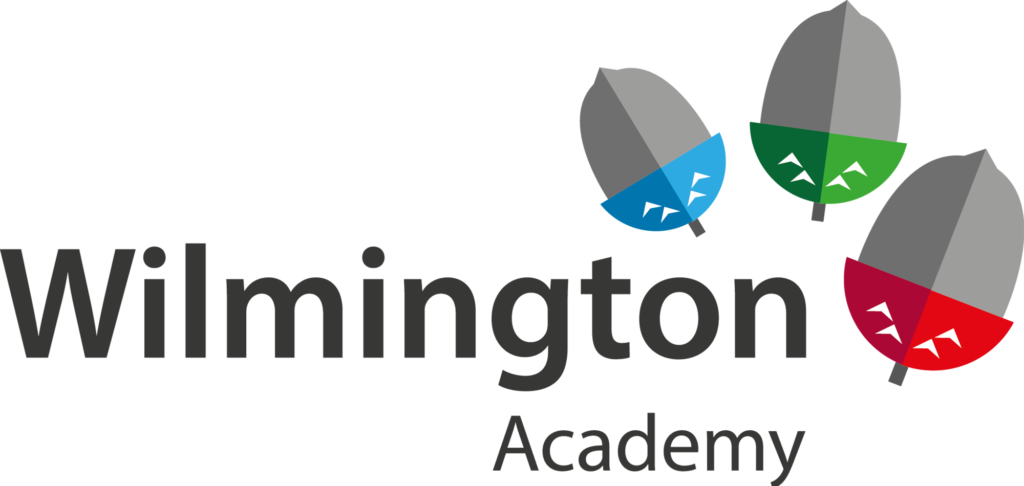KS3: MYP French and Spanish (Language Acquisition)
Intent
Students in the MYP learn how to research, analyse and communicate information, to explore and develop ideas, find solutions to new problems and evaluate the solutions they produce. These are skills that are useful in further education and any future careers. At its heart, MYP Design is centred upon developing skills in problem solving, one the most important life skills that our students will all be able to apply throughout their own lives.
The value of MYP Design is realised in the way it helps students understand how to apply both practical and creative thinking skills to solve design problems. Encouraging each pupil to explore the role of design in both historical and contemporary contexts, whilst increasing awareness of their responsibilities for the design decisions they make and actions they take.
The objectives of MYP Design are set out as four core Criteria. Each criterion for Design contains four strands; a strand is an aspect or indicator of the learning expectation which students will be assessed on.
Together these objectives reflect the knowledge, skills and learning characteristics that students need in order to apply the design criteria in a variety of contexts, including real-life projects and scenarios, carrying out practical inquiries and communicating their research and design ideas clearly, as well as producing their own solutions and evaluating the success of their outcomes.
For Year 7, the Scheme of Work is organised through the use of the NCELP (National Centre for Excellence for Language Pedagogy) scheme of work and resources.
NCELP aims to take forward the recommendations of the ‘Review of MFL Pedagogy’ and support their implementation in schools. They drive, support, and monitor the work of a national collaborative network of Modern Foreign Language teachers and their schools to raise the standards of language teaching through the sharing of resources and good practice. This complements the MYP unit plan organisation and teaching approach to build balanced and well-rounded language students.
The scheme of work is centred on the teaching of vocabulary, grammar and phonics so that students are able to communicate in a variety of contexts. The scheme of work also focuses on increasing cultural awareness.
French Schedule of Learning
- Module 1 & 2: Connecting the written and spoken word
- Module 3 & 4: Connecting patterns and structures in order to communicate effectively
- Module 5 & 6: Connecting patterns and form in order to communicate effectively
Spanish Schedule of Learning
- Module 1 & 2: Connecting the written and spoken word
- Module 3 & 4: Connecting patterns and structures in order to communicate effectively
- Module 5 & 6: Understanding how to choose words in order to effectively communicate
In year 8, the curriculum has been designed to build and develop French/Spanish linguistic knowledge, including vocabulary, grammar and phonics so that they are able to communicate in a variety of contexts. The scheme of work also focuses on increasing cultural awareness.
French Schedule of Learning
- Module 1 & 2: Connecting word choice and meaning in order to communicate effectively
- Module 3 & 4: Connecting conventions and structure in order to communicate effectively
- Module 5 & 6: Connecting patterns and structure in order to communicate effectively
Spanish Schedule of Learning
- Module 1 & 2: Making connections between form and patterns in order to communicate effectively in Spanish
- Module 3 & 4: Communicating effectively using the correct functions and word choice
- Module 5 & 6: Communicating within different contexts
In year 9, the curriculum has been designed to build and develop French/Spanish linguistic knowledge, including vocabulary, grammar and phonics so that they are able to communicate in a variety of contexts. The scheme of work also focuses on increasing cultural awareness.
French Schedule of Learning
- Module 1 & 2: Communicating with different audiences
- Module 3 & 4: Sharing past experiences
- Module 5 & 6: Talking to different types of people
Spanish Schedule of Learning
- Module 1 & 2: Discussing ongoing and past experiences
- Module 3 & 4: Talking about future plans
- Module 5 & 6: Talking about lifestyle
Implementation
At Key Stage 3, unit plans are based on ensuring full coverage of the National Curriculum through the use of NCELP scheme of work (non topic based) and the MYP framework. The scheme of work aims to capture the interest of students and motivate and prepare them to have a solid grounding to begin their GCSE journey.
Impact
Throughout their Language Acquisition journey, students are encouraged to not only develop their linguistic knowledge and cultural awareness, but also skills such as problem solving, memorisation techniques, empathy, lateral thinking, risk taking and creativity. These skills enable our students to be prepared for the next stage of their education.
The implementation of the NCELP philosophy places importance on the teaching and learning of phonics, making our students better risk-takers, as they are more confident with the pronunciation of sounds in the foreign language. The teaching methods being used actively encourage the regular use and recycling of the most commonly used words in the foreign language, using the top 2000 words list. This enables our students to become better overall communicators, as they are more able to communicate using everyday vocabulary.
Students will be assessed under four different criteria:
- Criterion A: Listening
- Criterion B: Reading
- Criterion C: Speaking
- Criterion D: Writing
The four MYP criteria will be summatively assessed and reported on twice a year (Modules 3 and 6). A final grade will be provided at the end of the year (Module 6). Further guidance on MYP assessments can be found here:
For more information, please read our assessment recording and reporting cycle.
Additional Resources


